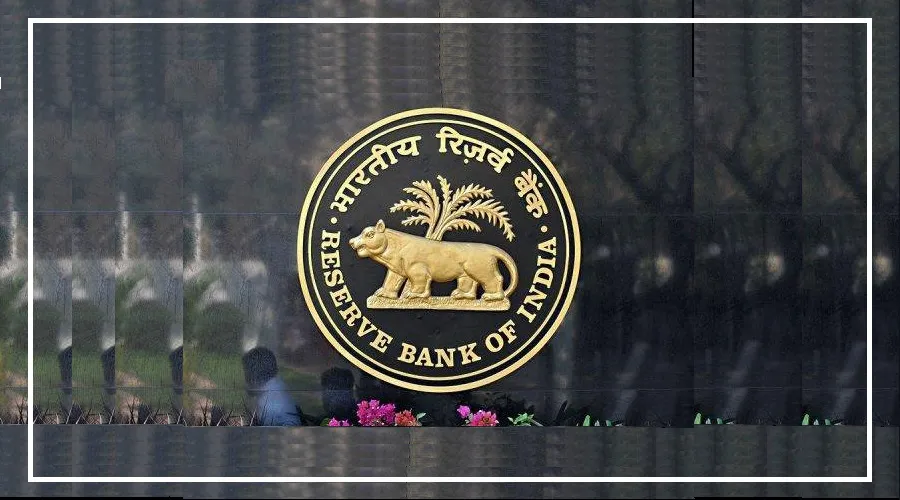A recent update has been issued regarding the CIBIL score, and it involves new rules implemented by the Reserve Bank of India (RBI) that all loan holders must be aware of. These new rules are mandatory for everyone with a loan, and both customers and banks must follow them.
The RBI has introduced these new rules to address common customer complaints about CIBIL scores. Now, banks and loan institutions will first check the CIBIL score before approving any loans.
This score holds equal importance for both the bank and the customer. The changes aim to resolve ongoing issues and benefit customers.
If you want to learn more about these new CIBIL score rules, stay with this article. We will explain them in detail so you can understand and follow them.
Contents
New CIBIL Score Rules
As mentioned, the new rules aim to resolve issues related to CIBIL scores. These changes will directly benefit customers by removing previous obstacles.
The RBI has made it clear that all banks, NBFCs, and credit bureaus must comply with these rules, and strict actions will be taken against anyone who violates them.
Informing Customers When Checking CIBIL Scores
Previously, customers were often unaware when their CIBIL score was checked, but now, banks and NBFCs are required to inform customers before accessing their CIBIL report. The information will be shared via email or SMS, and failure to do so may lead to strict actions.
Providing Reasons for Loan Rejection
In the past, banks could reject loan applications without giving a reason. However, under the new rules, they must provide a clear reason for rejecting a loan request.
This allows customers to understand the cause of rejection and address any issues. RBI also mandates that credit institutions send a monthly list of rejected requests.
Access to Full Credit Reports
Under the new RBI rules, customers can now request their full credit report once a year for free. Credit institutions must provide this report through a link on their websites. This gives customers the opportunity to stay informed and make better decisions when applying for loans.
Informed Before Being Declared a Defaulter
Banks cannot directly label a borrower as a defaulter. Instead, the borrower must be informed beforehand, and any issues regarding the CIBIL score must be handled properly.
Banks may appoint a nodal officer to address these concerns, ensuring no problems are left unresolved.
Resolving Issues on Time
If a customer has an issue related to their CIBIL score, it must be resolved promptly. Banks have 21 days to solve the problem and notify the credit bureau. The credit bureau, in turn, has 9 days to address the issue. If these deadlines are not met, a fine of ₹100 per day can be imposed.
Disclosure of Complaints
Banks and NBFCs must disclose the number of complaints they receive regarding CIBIL scores. Credit bureaus are also required to publish the number of complaints on their website and resolve them within the given time frame.
If the complaints are not addressed or disclosed, RBI may take action.
By implementing these rules, the RBI ensures better transparency and accountability in handling CIBIL scores and customer complaints.

